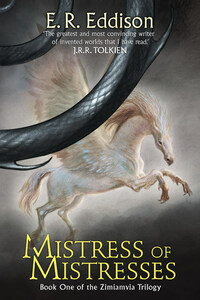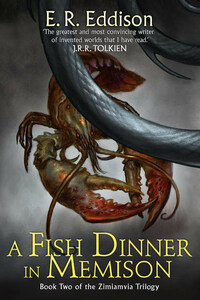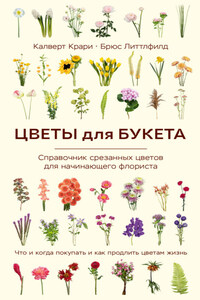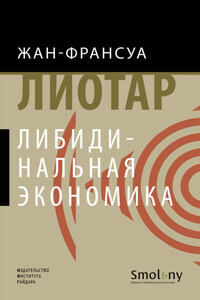Published by HarperCollinsPublishers Ltd
77-85 Fulham Palace Road
Hammersmith, London W6 8JB
www.harpercollins.co.uk
Copyright © E. R. Eddison 1935
Jacket illustration by John Howe © HarperCollinsPublishers Ltd. 2014
E.R. Eddison asserts the moral right to be identified as the author of this work.
A catalogue copy of this book is available from the British Library.
This novel is entirely a work of fiction. The names, characters and incidents portrayed in it are the work of the author’s imagination. Any resemblance to actual persons, living or dead, events or localities is entirely coincidental.
All rights reserved under International and Pan-American Copyright Conventions. By payment of the required fees, you have been granted the non-exclusive, non-transferable right to access and read the text of this e-book on screen. No part of this text may be reproduced, transmitted, down-loaded, decompiled, reverse engineered, or stored in or introduced into any information storage and retrieval system, in any form or by any means, whether electronic or mechanical, now known or hereinafter invented, without the express written permission of HarperCollins.
Source ISBN: 9780007578139
Ebook Edition © October 2014 ISBN: 9780007578146
Version: 2014-09-09
WINIFRED GRACE EDDISON
To you, madonna mia,
and to my friend
EDWARD ABBE NILES
I dedicate this
Vision of Zimiamvia
Proper Names the reader will no doubt pronounce as he chooses. But perhaps, to please me, he will keep the i’s short in Zimiamvia and accent the third syllable: accent the second syllable in Zayana, give it a broad a (as in ‘Guiana’), and pronouce the ay in the first syllable – and the ai in Laimak – as in ‘aisle’: keep the g soft in Fingiswold: let Memison echo ‘denizen’ except for the m: accent the first syllable in Rerek and make it rhyme with ‘year’: remember that Fiorinda is an Italian name, Amaury, Amalie, and Beroald French, and Antiope, Zenianthe, and a good many others, Greek: last, regard the sz in Meszria as ornamental, and not be deterred from pronouncing it as plain ‘Mezria’.
Mère des souvenirs, maîtresse des maîtresses,
O toi, tous mes plaisrs! ô toi, tous mes devoirs!
Tu te rappelleras la beauté des caresses,
La douceur du foyer et le charme des soirs,
Mère des souvenirs, maîtresse des maîtresses!
Les soirs illuminés par l’ardeur du charbon,
Et les soirs au balcon, voilés de vapeurs roses.
Que ton sein m’était doux! que ton cœur m’était bon!
Nous avons dit souvent d’impérissables choses
Les soirs illuminés par l’ardeur du charbon.
Que les soleils sont beaux dans les chaudes soirées!
Que l’espace est profond! que le cœur est puissant!
En me penchant vers toi, reine des adorées,
Je croyais respirer le parfum de ton sang.
Que les soleils sont beaux dans les chaudes soirées!
La nuit s’épaississait ainsi qu’une cloison,
Et mes yeux dans le noir devinaient tes prunelles,
Et je buvais ton souffle, ô douceur, ô poison!
Et tes pieds s’endormaient dans mes mains fraternelles.
La nuit s’épaississait ainsi qu’une cloison.
Je sais l’art d’évoquer les minutes heureuses,
Et revis mon passé blotti dans tes genoux.
Car à quoi bon chercher tes beautés langoureuses
Ailleurs qu’en ton cher corps et qu’en ton cœur si doux?
Je sais l’art d’évoquer les minutes heureuses!
Ces serments, ces parfums, ces baisers infinis,
Renaîtront-ils d’un gouffre interdit à nos sondes,
Comme montent au ciel les soleils rajeunis
Après s’être lavés au fond des mers profondes?
– O serments! ô parfums! ô baisers infinis!
BAUDELAIRE
‘Is this the dream? or was that?’
WORDS create worlds: storytelling is a kind of godhood, taking the imperfect day of language, moulding it in the writer’s own image and, with skill, breathing it to life. The task is a formidable one, and it is little wonder that most fiction is content with reinventing reality, safely sculpting what is known. And why not? Stories are for the most part entertainment, ephemeral, meant only for the moment. Few novels strive for life beyond their covers; few hold us in their dominion for years, fewer still for lifetimes. The words and the worlds of E. R. Eddison, which I first discovered more than twenty years ago, still intrigue me, uplift me, haunt me, today. I know that I am not alone.
Eric Rücker Eddison (1882–1945) was a civil servant at the British Board of Trade, sometime Icelandic scholar, devotee of Homer and Sappho, and mountaineer. Although by all accounts a bowler-hatted and proper English gentleman, Eddison was an unmitigated dreamer who, in occasional spare hours over some thirty years, put his dreams to paper. In 1922, just before his fortieth birthday, a small collector’s edition of











